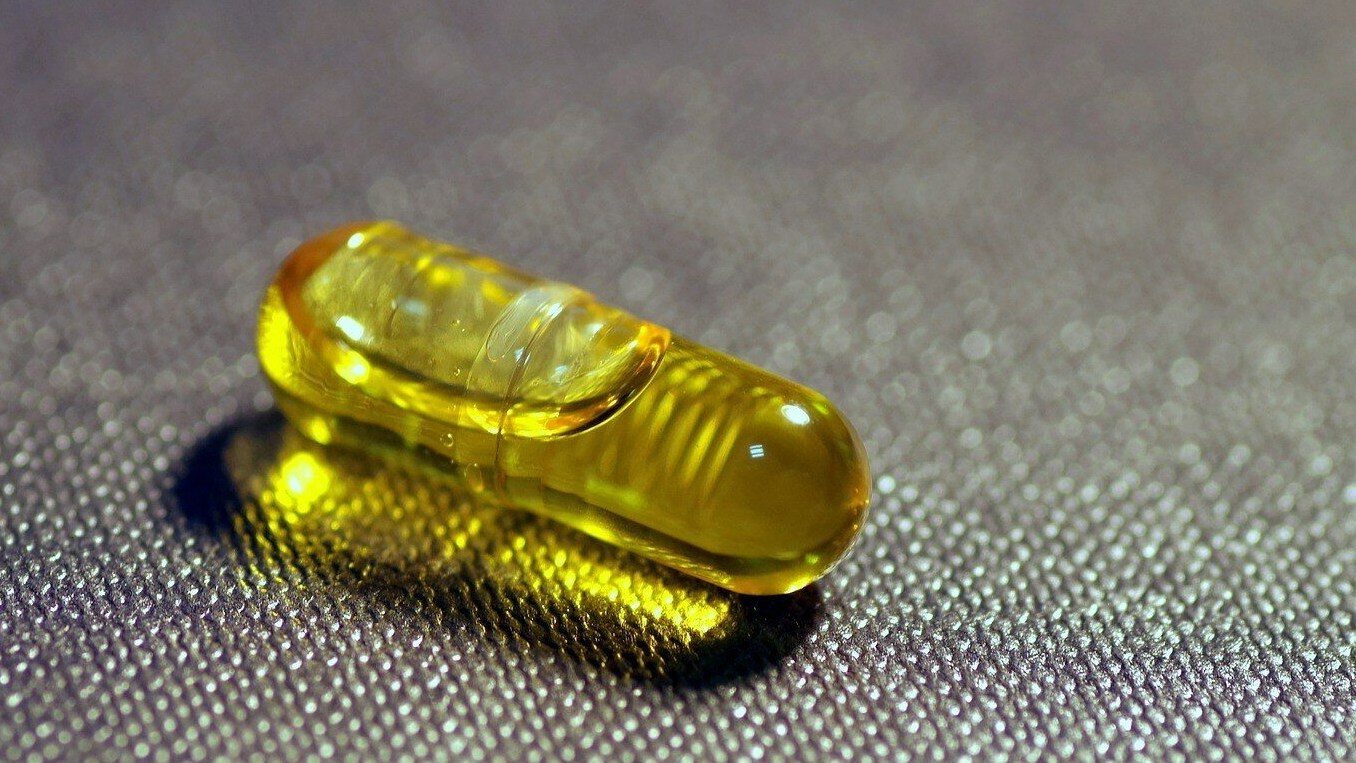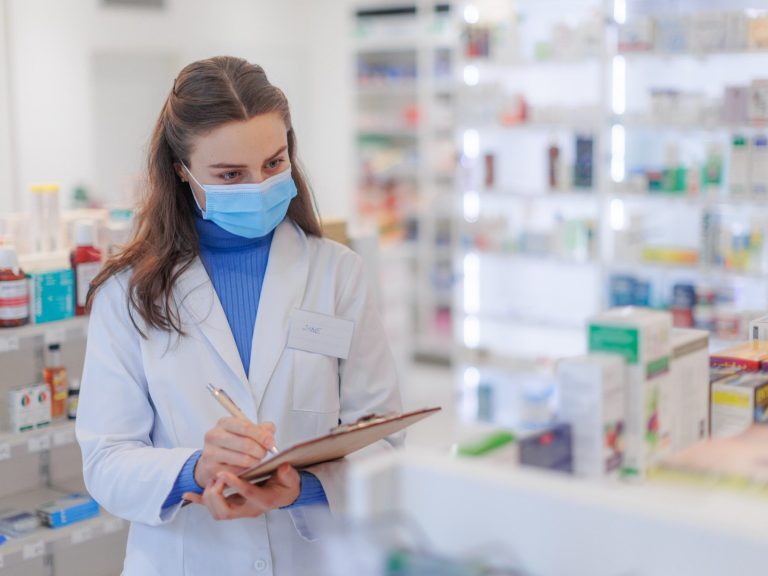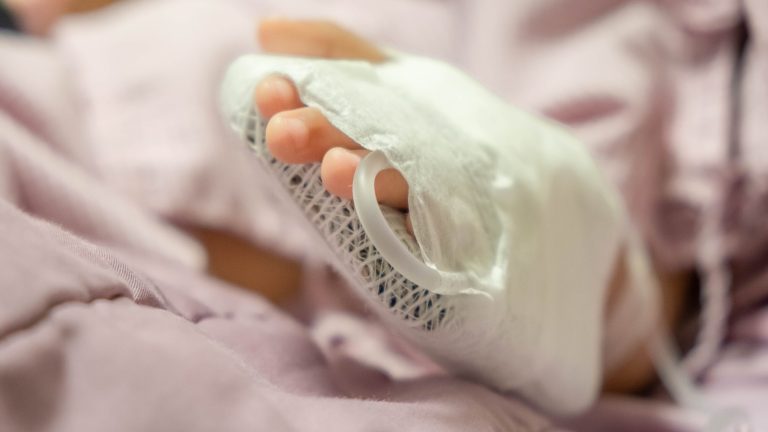Taking vitamin D this way is pointless. Don’t make this mistake

Although taking vitamin D on an empty stomach is not dangerous, it is better to avoid it. Taking it incorrectly may lead to deficiencies, which may have health consequences. See how to take vitamin D correctly.
Vitamin D is extremely important for the body and performs many important functions, including:
-
is necessary for the proper absorption of calcium from the digestive tract,
-
helps maintain healthy bones and teeth because it supports mineralization,
-
affects muscle functioning, which is crucial for maintaining muscle strength and stability,
-
plays an important role in regulating the functions of the immune system, therefore vitamin D deficiency leads to an increased risk of infections and autoimmune diseases.
Vitamin D can be synthesized in the skin under the influence of solar radiation. Unfortunately, in Poland in autumn and winter we usually lack sunny days. In the period from October to March, doctors recommend that you get vitamin D with food (fish such as eel, salmon, cod, herring, mackerel and mushrooms, egg yolks, cow’s milk and yellow cheese) or supplement it. And here experts pay attention to the correct intake of vitamin D.
Why should vitamin D not be taken on an empty stomach?
Dr. Joshua Berkowitz in an interview with Express.co.uk explained how our body absorbs vitamin D:
Vitamin D is fat-soluble, so it is best absorbed and converted into active vitamin D (in a form that the body can use – editor’s note) when taken with food containing fat. If there is no fat-containing food in the intestines along with vitamin D, the body is unable to process it and most of the vitamin will pass through the digestive system and simply be excreted. So little benefit will be gained.
According to the expert, the best fatty products that support the breakdown of vitamin D in the body are: butter, fatty fish, cheese and meat. He also added that: “It is even better when we eat foods containing both fat and naturally occurring vitamin D at the same time. These include: o cod liver oil, fatty fish such as trout, salmon and herring as well as mackerel, butter and egg yolks.
As already mentioned, mushrooms are a good source of vitamin D. However, it is best to prepare them with a bit of oil, butter or cream to obtain the fat needed for the absorption of vitamin D in the meal.






